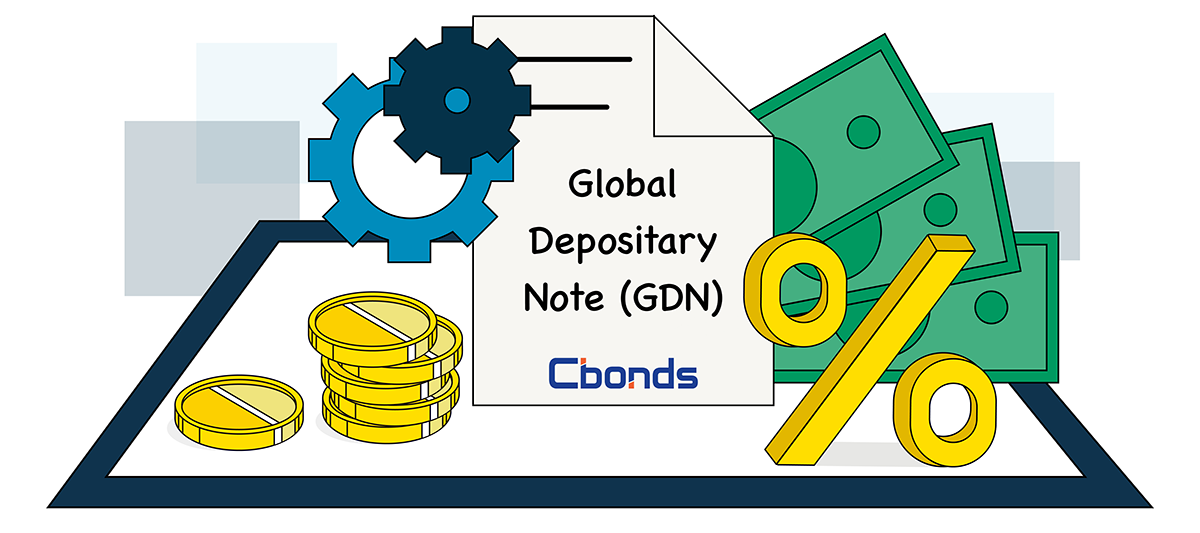BUSINESS

NEW GLOBAL NOTES MAKE IT EASIER TO INVEST IN NIGERIAN GOVERNMENT BONDS
In a major move to boost foreign investment, Bank of New York Mellon and Standard Bank have introduced Global Depositary Notes (GDNs) backed by Nigeria’s local-currency government bonds.
This new financial product makes it easier for international investors to tap into Nigeria’s high-yield debt market—without dealing with the complexities of local market processes.
According to a recent report by Bloomberg, the initiative simplifies access to Nigerian naira-denominated sovereign bonds, offering global investors a new and secure channel to invest in Africa’s largest economy.
What Are GDNs?
GDNs are investment notes that mirror the returns of Nigeria’s government bonds issued in naira. These notes are eligible for settlement through Euroclear and Clearstream, two of the world’s leading international securities clearing systems. This means global investors can now buy Nigerian bonds just like they would any other global financial instrument.
Why the Buzz Around Nigerian Bonds?
Nigeria is currently offering some of the highest returns in global emerging markets. For instance, as of June 4:
182-day Treasury Bills were yielding 18.5%
The benchmark 2033 sovereign bond was yielding 19.33%
These attractive rates are driven by Nigeria’s ongoing efforts to tame inflation and attract more foreign capital.
A Gateway to African Opportunities
Chris Kearns, Global Head of Depositary Receipts at BNY Mellon, described the GDNs as a "gateway to Africa’s underutilised investment landscape."
“This new product supports capital market development and helps unlock investment potential across Africa,” Kearns said.
Sola Adegbesan of Standard Bank added that the GDNs were created to give global investors easy and safe access to Nigerian markets. “This offers a compelling opportunity to invest in one of Africa’s most dynamic economies,” he noted.
Nigeria’s Economic Reforms Make the Market More Attractive
This financial innovation aligns with broader reforms by President Bola Tinubu’s administration aimed at rebuilding investor confidence. Reforms include:
Fuel subsidy removal
New forex policies
Tighter monetary controls
These policies have contributed to increased foreign reserves, a more stable naira, and moderating inflation.
In May, Moody’s Investors Service upgraded Nigeria’s long-term foreign currency debt rating from Caa1 to B3, citing better fiscal management and stronger external liquidity.
What This Means for the Future
With this development, Nigeria could attract a new wave of global investors looking for high returns in frontier markets. It also marks a shift in how African countries raise capital — moving beyond traditional loans and tapping into global financial markets.
Experts believe the success of this GDN initiative could inspire similar moves in other African economies, further integrating the continent with global capital flows.
For Nigeria, this is more than a financial product — it’s a strategic move to broaden its investor base, deepen market liquidity, and reduce reliance on foreign aid and loans.
As Nigeria positions itself as a rising investment destination, these GDNs may be the key that opens new doors.
"This represents a significant development in our ongoing coverage of current events."— Editorial Board









